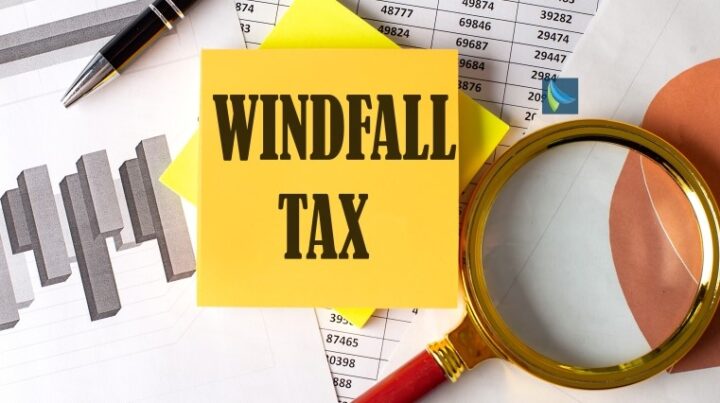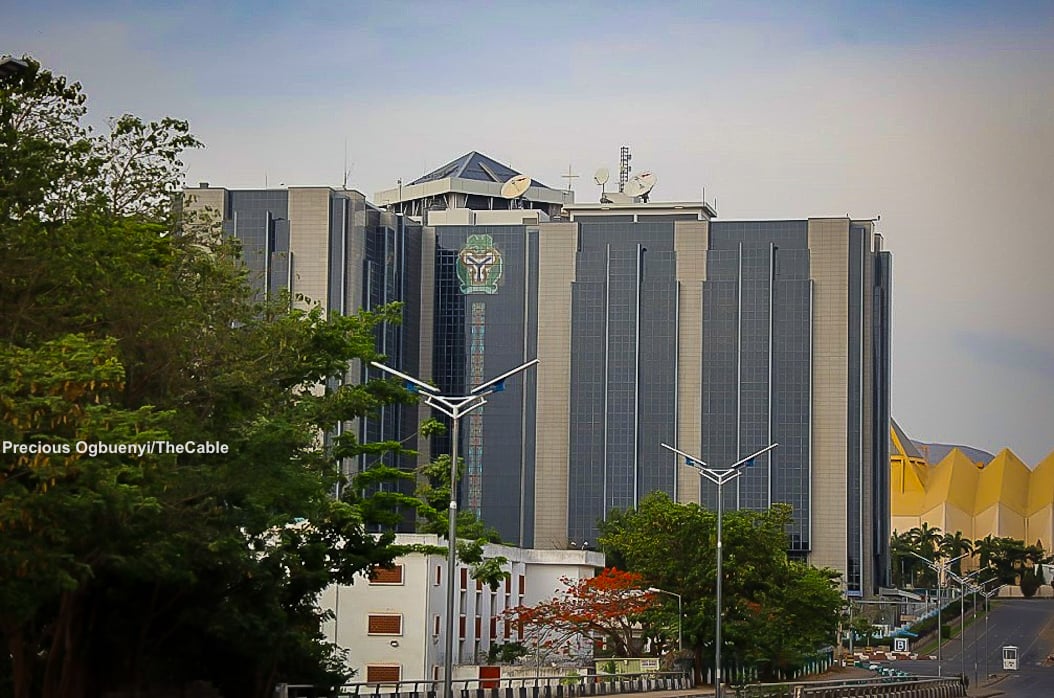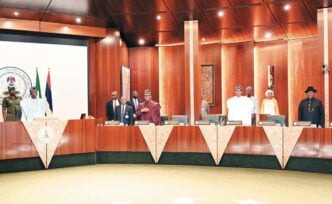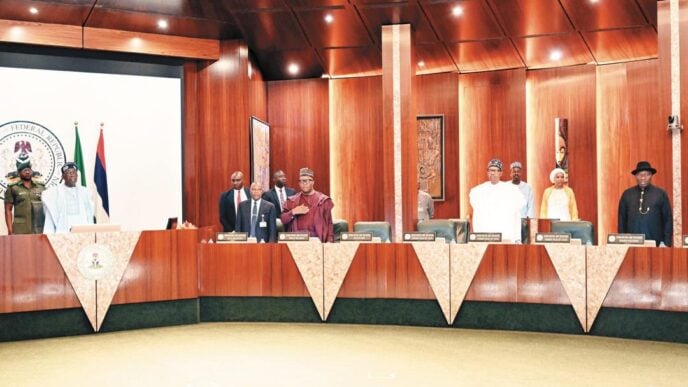The Bank Directors Association of Nigeria (BDAN) has called on the federal government to reconsider the recently imposed 70 percent windfall tax on banks’ earnings from foreign exchange transactions.
On July 17, the national assembly said President Bola Tinubu requested the amendment of the 2023 Finance Act to impose a one-time windfall tax of 50 percent on banks’ FX gains last year.
Tinubu said the windfall tax will be used to finance infrastructure projects, education and healthcare, among others.
The national assembly passed the bill on Tuesday and increased the windfall tax to 70 percent, with retroactive application from January 1, 2023.
Advertisement
The windfall tax has raised several concerns in the banking sector, particularly regarding its timing and potential impact on ongoing recapitalisation efforts — but Femi Otedola and Tony Elumelu backed the decision.
In a statement on Monday, Mustafa Chike-Obi, chairman of BDAN, described the levy as, “excessively burdensome and ill-timed”.
Chike-Obi, who is also the chairperson of Fidelity Bank, said the high tax rate could stifle growth and innovation within the banking industry, ultimately affecting the quality of financial services available to customers and the broader economy.
Advertisement
He also said there was a need for greater consultation and dialogue between the government and stakeholders in the banking sector before enacting such significant changes.
“We, the Bank Directors Association of Nigeria (LTD/GTE) wish to formally address the recent imposition of a 70 per cent levy on the profits realised from foreign exchange transactions by banks for the financial years 2023 to 2025,” he said.
“We acknowledge and respect the intentions of the government in implementing this decision; however, we feel it is essential to express our concerns regarding the magnitude of the levy, its timing and the ambiguities surrounding its implementation.
“While the imposition of this windfall tax appears to be a response to the current economic climate, we suggest that a 70 per cent tax rate is excessively burdensome and ill-timed, particularly considering the ongoing bank recapitalisation efforts.
Advertisement
“Such a high levy has the potential to stifle growth and innovation within the banking sector; ultimately affecting the quality of services we provide to our customers and the broader economy.
“Moreover, we believe that it is vital for all stakeholders in the banking sector to have been consulted prior to the enactment of such significant changes in the Finance Act 2023. Open dialogue and negotiation are essential to ensure that policies are both equitable and effective.
“A primary concern lies in the ambiguities of the language in this amendment which leave critical questions unanswered. Such as, whether the windfall tax will be implemented as a Total Tax charge on banks, incorporating other taxes already levied such as Company Income tax, Tertiary Education Tax, National Information Development Levy (NITDL), etc.”
The BDAN also asked that clarifications on what constitutes “FX transactions” to be taxed and the treatment of banks that may incur losses rather than gains during this period should be provided.
Advertisement
“We urge the government to provide clear guidelines on this matter to avoid further uncertainty,” the association added.
‘BANKS ARE HEAVILY TAXED’
Advertisement
The association also stressed that Nigerian banks are already among the most heavily taxed globally, citing the existing Asset Management Corporation of Nigeria (AMCON) levy imposed on total bank assets.
BDAN urged the government to consider consolidating all taxes and levies on banks in the future to alleviate the sector’s tax burden.
Advertisement
“It would also be critical to reassure the banking community that future levies and taxes will not be arbitrarily imposed,” the association said.
“In view of these concerns, we respectfully urge the national assembly to revisit this amendment and engage in constructive discussions with stakeholders in the banking sector.
Advertisement
“By collaborating, we can develop a framework that effectively balances the need for revenue generation with the imperative of fostering a thriving banking environment that supports sustainable economic growth.”
The association said it remains committed to supporting and collaborating with regulators, government entities, and other stakeholders to find solutions that benefit all parties involved.
Add a comment









